Home >

The most important thing you can do to fight global warming: End the climate “spiral of silence.”
Americans rarely talk about climate change—and they rarely hear about it in the media—a major new survey finds. But that silence reinforces the dangerously wrong notion that climate change isn’t an existential threat requiring urgent action.
There is good news. Land trusts are starting to help their supporters, and their communities, realize that the lands and waters they love are at stake—and that land conservation, while part of the solution, won’t be enough. I think you’ll appreciate the science to this changing approach…
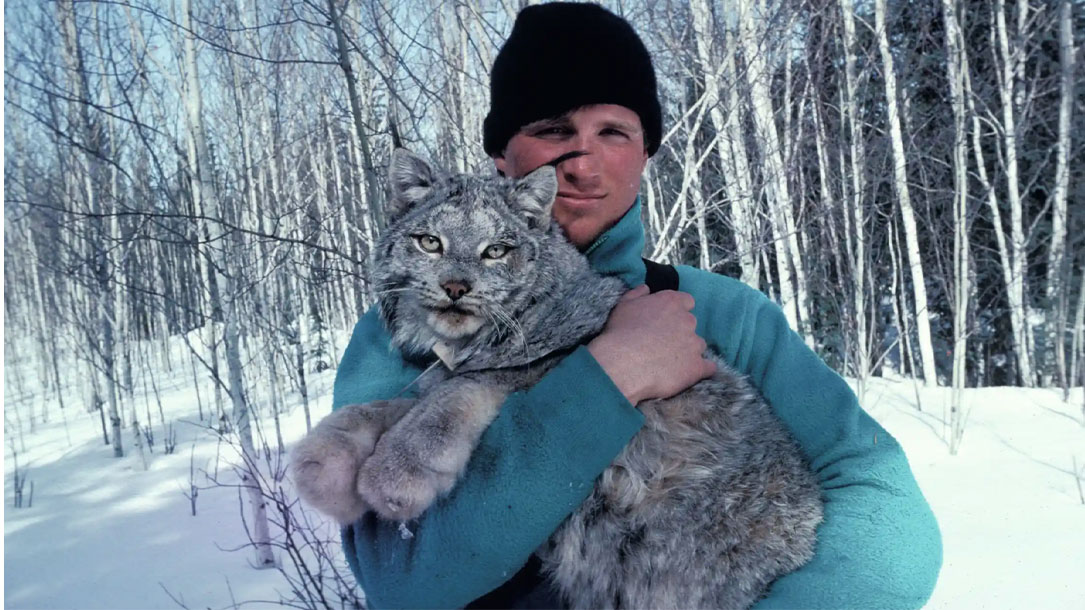
Making photography tell the stories: If we lose the ice, we lose the entire ecosystem’
You, like Paul, a former marine biologist, can inspire change and help people connect the dots in compelling ways as we face 30 years to slow down climate change in a way that will save the species we love, and the communities as we know them. Why? Because, as Paul notes…

A dozen artistic responses to one of the greatest threats of our time
Human-induced climate change, which certain politicians deny and many of us choose to ignore, threatens the survival of every species on Earth…

Planting a mix of tree species ‘could double’ forest carbon storage
The new study, published in the Proceedings of the Royal Society of London B, looks at one such question – “How could the number of tree species present in a forest affect its ability to store carbon?”
The results show that the most diverse forests are “faster” at storing carbon, says study co-author Professor Bernhard Schmid, a plant biologist from the University of Zurich.
“With increased species richness, more carbon is stored both above and below ground – in trunks, roots, deadwood, mould and soil. You can roughly say that a diverse forest stores twice the amount of carbon as the average monoculture.”
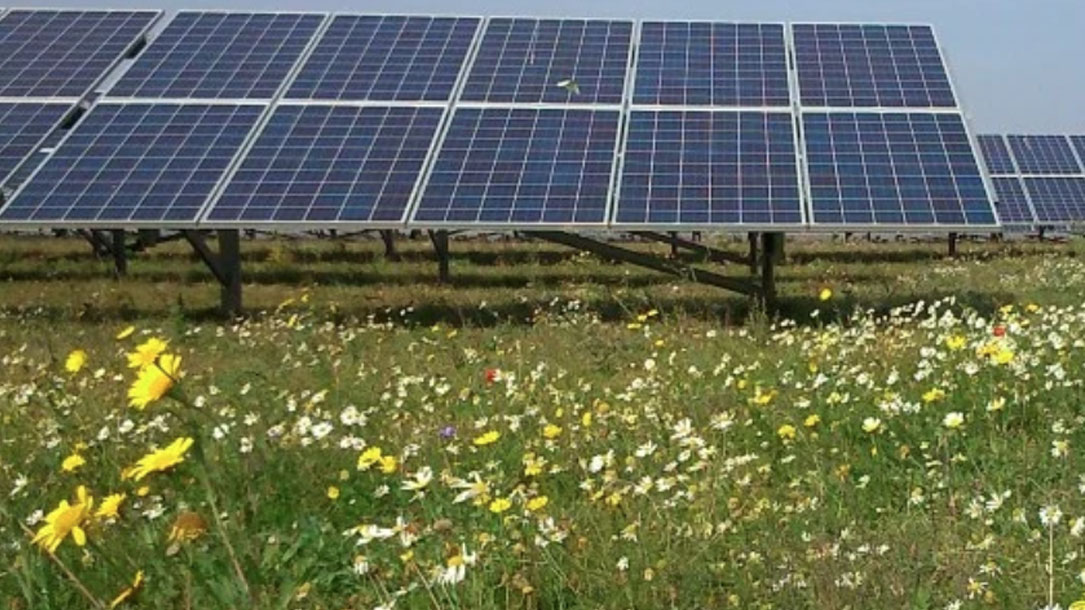
Can ground mounted solar farms be wildlife havens?
“Research suggests that the negative impacts of solar installation and operation relative to traditional power generation are extremely low. In fact, over 80% of the impacts were found to be positive or neutral. Yet, it is clear that if it involves the removal of woodland to make space for solar power this can cause a significant contribution to CO2 emissions, but still far lower than coal-based electricity.”
Solar farms can enhance wildlife habitat (and can be compatible with grazing)…
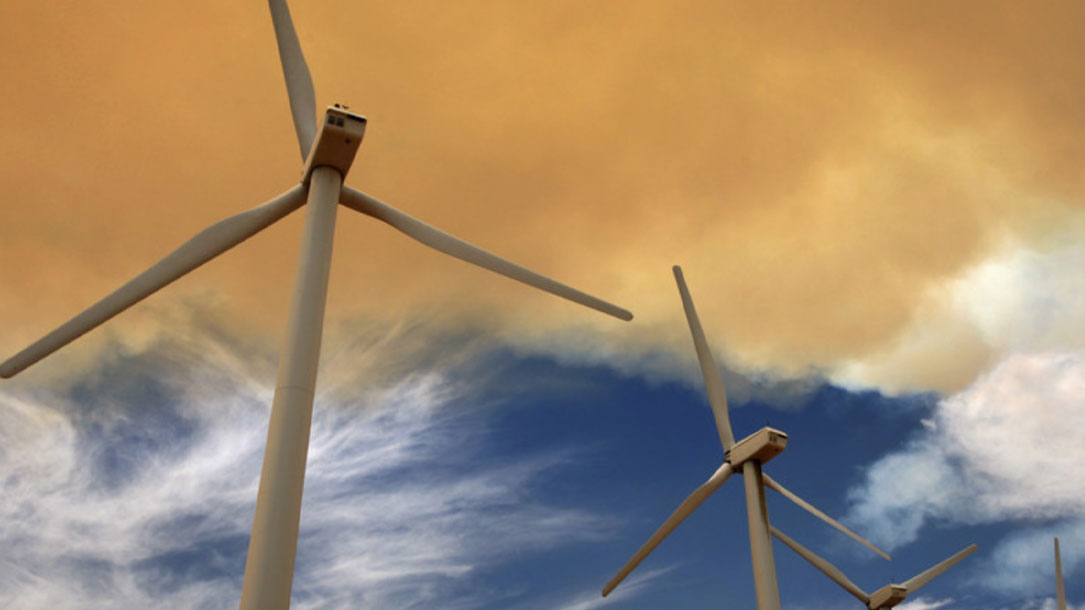
How to talk about climate change: 5 tips from the front lines
“Greenhouse gas emissions need to decrease fast if we are to have any chance of keeping global temperature rises below dangerous levels, and it is hard to see how this will happen without greater, and more urgent, engagement with society.
We need more people talking about climate change more often, because we need to break out of the current climate echo chamber.
However, many people feel under-equipped to do this. If that is you, these five tips may help you over this barrier. They are the result of both my own experience, and lessons from behavioural experts…”

Beavers—once nearly extinct—could help fight climate change
Many conservationists have been trained to think that dams are bad-news for wildlife. With climate change, droughts, and increasingly extreme weather, we are rethinking that.
For example, on the Puget Sound, beavers are being reintroduced to enhance salmon stocks. Small dams might be something we need to consider, and this article gives some ideas of where to start…
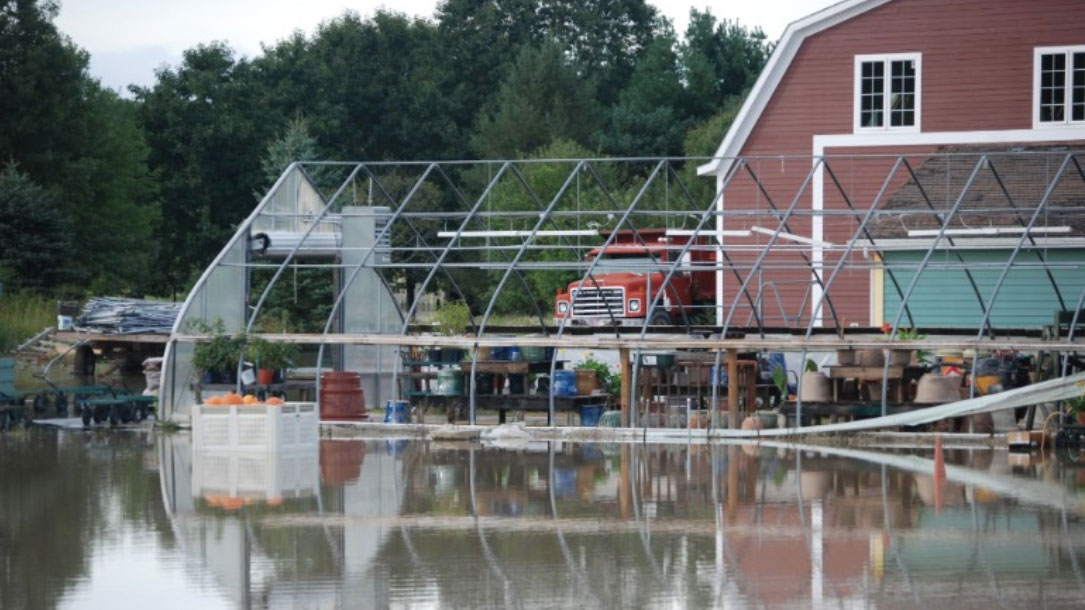
Addressing climate grief makes you a badass, not a snowflake
With the fires, floods, extreme storms and loss of life, climate grief is real and there are ways to cope. Students are grappling with this too. “Direct engagement with today’s biggest challenges is, nevertheless, the path many of today’s students are choosing to follow. That doesn’t make them snowflakes. It makes them badasses…”
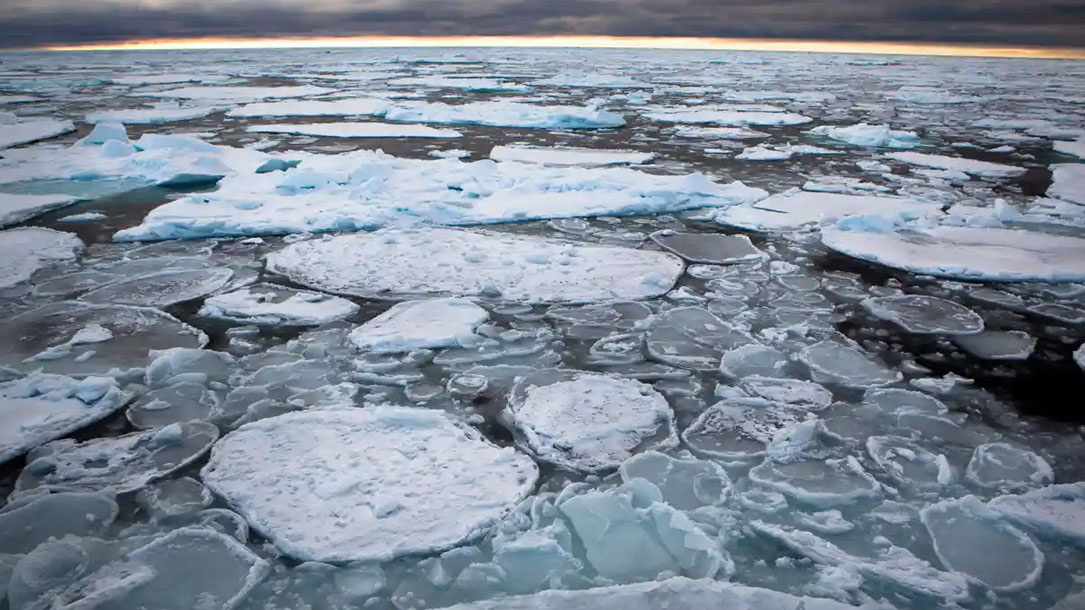
Arctic’s strongest sea ice breaks up for first time on record
“The oldest and thickest sea ice in the Arctic has started to break up, opening waters north of Greenland that are normally frozen, even in summer.
This phenomenon – which has never been recorded before – has occurred twice this year due to warm winds and a climate-change driven heatwave in the northern hemisphere.
One meteorologist described the loss of ice as “scary”. Others said it could force scientists to revise their theories about which part of the Arctic will withstand warming the longest…”
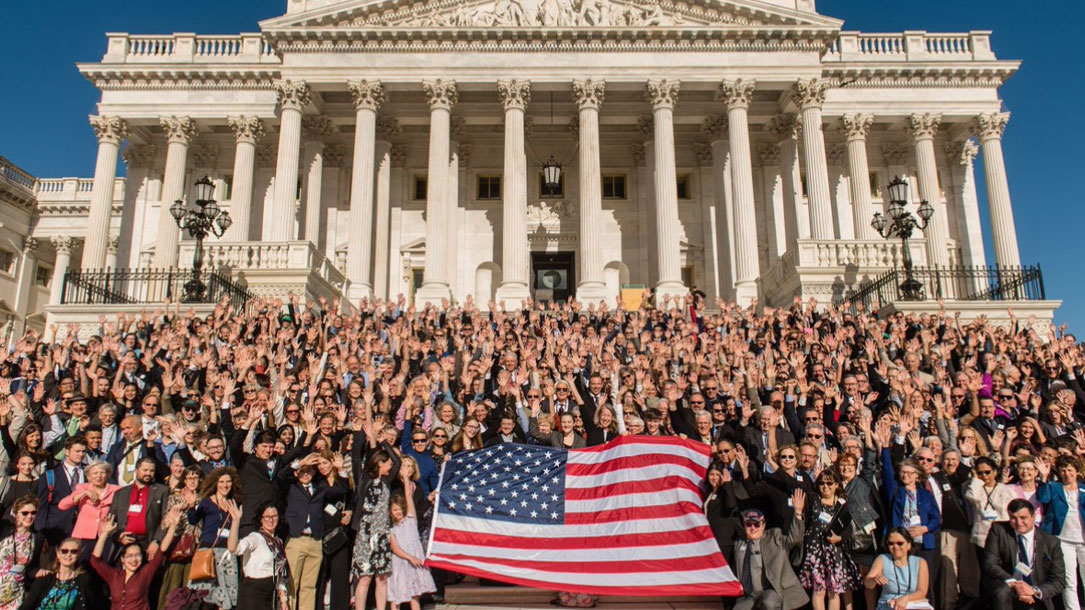
Make Change Happen: “Environmental Voters Project” gets environmentalists, conservationists, to the polls
You may not think of yourself as an environmentalist (and instead connect with the word “conservationist”) but the outside world probably has you tagged that way. That means this information could be for you—and/or your land trust.
The Citizen’s Climate Lobby is a very thoughtful, responsible, and strategic organization. You can join them—or learn from them—regardless of your actions to slow down climate change.
Here’s a case in point: “The good news is that 20.1 million Americans who are registered to vote identify climate change or other environmental issues as one of their top two priorities. These are ‘super-environmentalists,’ as the Environmental Voter Project calls them.
The bad news? ‘Environmentalists are disproportionately awful voters,’ Nathaniel says. Using public voting and polling data, the Environmental Voter Project breaks down the numbers of environmentalists who vote…”












